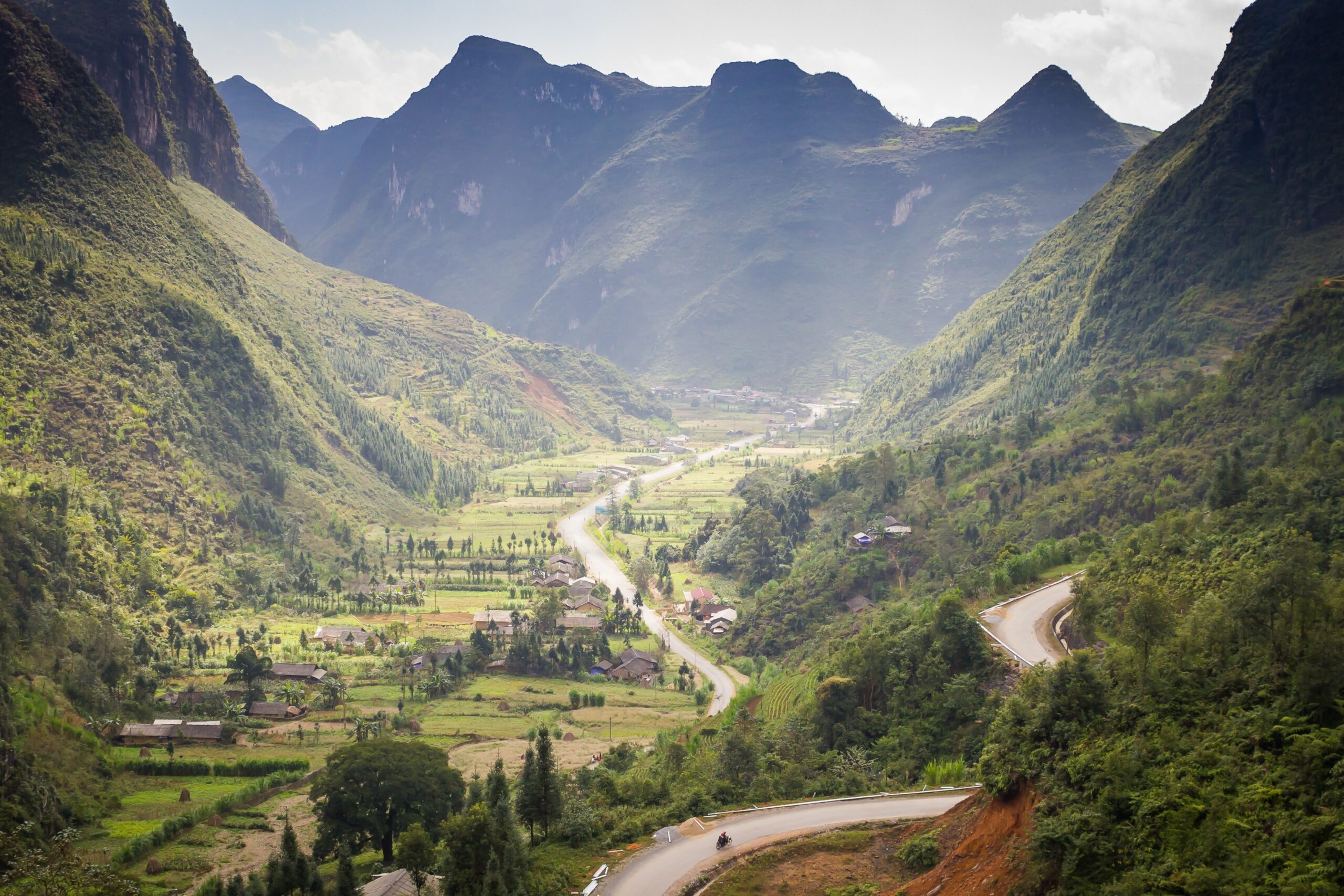
“The gladdest moment in human life, methinks, is the departure upon a distant journey into unknown lands.”
Sir Richard Francis Burton
Today we start with a new feature: We don’t just want to explore interesting places in the real world of Münster with our Fellows. Rather, we also want to immerse into the exciting research worlds of our Fellows. We start with Giulia’s world: Curtain up for Giulia’s journey into the unknown lands of historiograpy:
During a Humid Summer Night in London …
A few months ago, during a hot and humid summer night in London, my old friend Alex read for the first time an academic paper I wrote. He is a researcher too and, although history is not his field, he was able to understand and relate to most of my text and argument. But he got literally startled when he came to this line: “(This study) will deepen our understanding of the relationship between Christianity and modern historical consciousness from the perspective of its historiographical explanation.” Yeah, I know … The whole thing sounds like a lot of blah, blah, blah … But the real shock, at least to my friend Alex, was this ‘historiographical’ thing.
‘Histo … What?!? What on Earth Do You Mean by That?’
… he asked me. ‘What a great opportunity!’, I thought. I realized that my fieldwork was an obscure and puzzling territory to my friend, and I was thrilled at the idea of answering his genuine question. So, that summer, while everyone else was trying to survive in a quasi-tropical London, Alex and I were suddenly catapulted into a fresh and verdant forest. I admit it … it was still a little humid because everything was so foggy … But I knew that somewhere in my mind I had the tools to get us out of that fog, and enjoy a radiant, breezy morning in the marvelous land of historiography.
“But never embark without a decent margarita – methinks.”
Giulia
All Geared Up, We Began our Journey
So that’s how this story started. Genuine curiosity, a chat with a friend, an imaginary walk in the woods, and a couple of homemade frozen margaritas. The essential ingredients of any respectable historiographical enterprise since the dawn of time. All geared up and in the mood for adventure, we began our journey.
“So, it’s quite obvious and trivial to say that, but I do understand that ‘historiography’ has to do with history”, said Alex resuming his questioning.
Me: “What you just said is indeed obvious, but not at all trivial. I would even say that you nailed the key question about historiography. Historiography is history. Or better, it is history of history. It studies how the work of historians changes throughout the centuries,” I replied. And here is our conversation that followed:
Alex: Seriously?! History of history? It sounds like a navel-gazing discipline … For one thing, I’ve never heard of a biology of biology or physics of physics…
Me: Well, you’ve never heard about the biology of biology or the physics of physics, but you certainly heard about the history of science, including biology and physics. We study the history of science to reflect on different scientific theories and methods that have been developed over time. The goal of historiography is to reflect on theories and methods of the writing of history.
Alex: Okay, I see that the abstruse term ‘historiography’ has its right to exist among historians… The alternative expression would be ‘history of history’, and that would make you sound like a bunch of egomaniacs.
Me: You are right on that. The fact is that most languages are ambiguous about the term ‘history’. They use it to indicate both the events and the narrative of those events. The reason we need the term ‘historiography’ is that we believe that narratives of events are themselves historical events. In other words, historians are convinced that their work is a historical event, which deserves just as much attention as the Peace of Westphalia or the Battle of Waterloo. I guess that in this sense you could say that we are indeed a little egocentric.
In the End, We Could Catch a Glimpse of the Amazing View Ahead
We were still half-lost in the wilderness of our own thoughts, but through the foggy mist of the early morning we could catch a glimpse of the amazing view ahead. A sunlit forested valley, full of life and colors. Our journey into the unknown did not bring us to a deserted land. We were discovering and exploring not only a new land, but also a new civilization, advancing through its buildings and highways, its values and idioms. And, while many questions were still unanswered, that sight clearly suggested the right direction to continue our hike. If historiography were a land, the valley and not the mountaintop would be its most interesting part. The lows of a historian’s work, its everyday struggle with disappointments, frustrations, and dilemmas were the new frontiers of our curiosity, conversation, and alcohol tolerance. It was raining margaritas 😉

